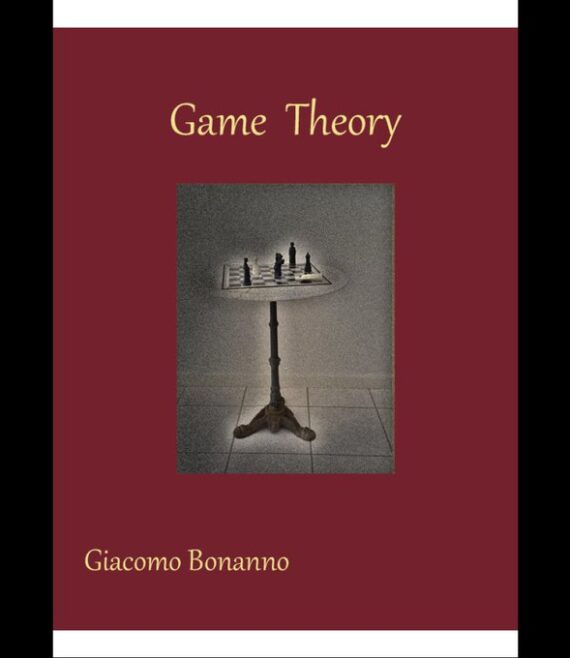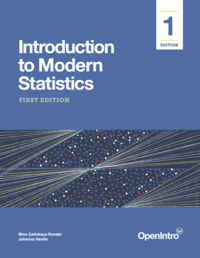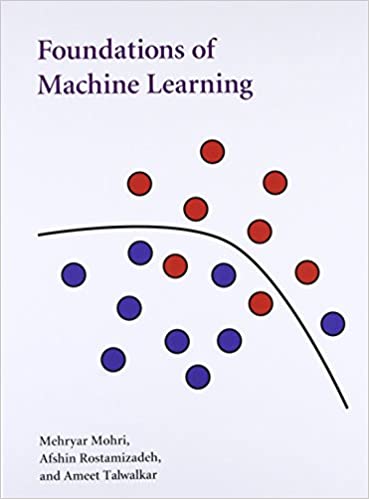Description
The discipline of game theory was pioneered in the early 20th century by mathematicians Ernst Zermelo (1913) and John von Neumann (1928). The breakthrough came with John von Neumann and Oscar Morgenstern’s book, Theory of Games and Economic Behavior, published in 1944. This was followed by important work by John Nash (1950-51) and Lloyd Shapley (1953). Game theory had a major influence on the development of several branches of economics (industrial organization, international trade, labor economics, macroeconomics, etc.). Over time the impact of game theory extended to other branches
of the social sciences (political science, international relations, philosophy, sociology, anthropology, etc.) as well as to fields outside the social sciences, such as biology, computer science, logic, etc. In 1994 the Nobel Memorial prize in economics was given to three game theorists, John Nash, John Harsanyi and Reinhard Selten, for their theoretical work in game theory which was very influential in economics. At the same time, the US Federal Communications Commission was using game theory to help it design a $7-billion auction of the radio spectrum for personal communication services (naturally, the bidders
used game theory too!). The Nobel Memorial prize in economics was awarded to game theorists three more times: in 2005 to Robert Aumann and Thomas Schelling, in 2007 to Leonid Hurwicz, Eric Maskin and Roger Myerson and in 2012 to Lloyd Shapley and Alvin Roth.








Reviews
There are no reviews yet.